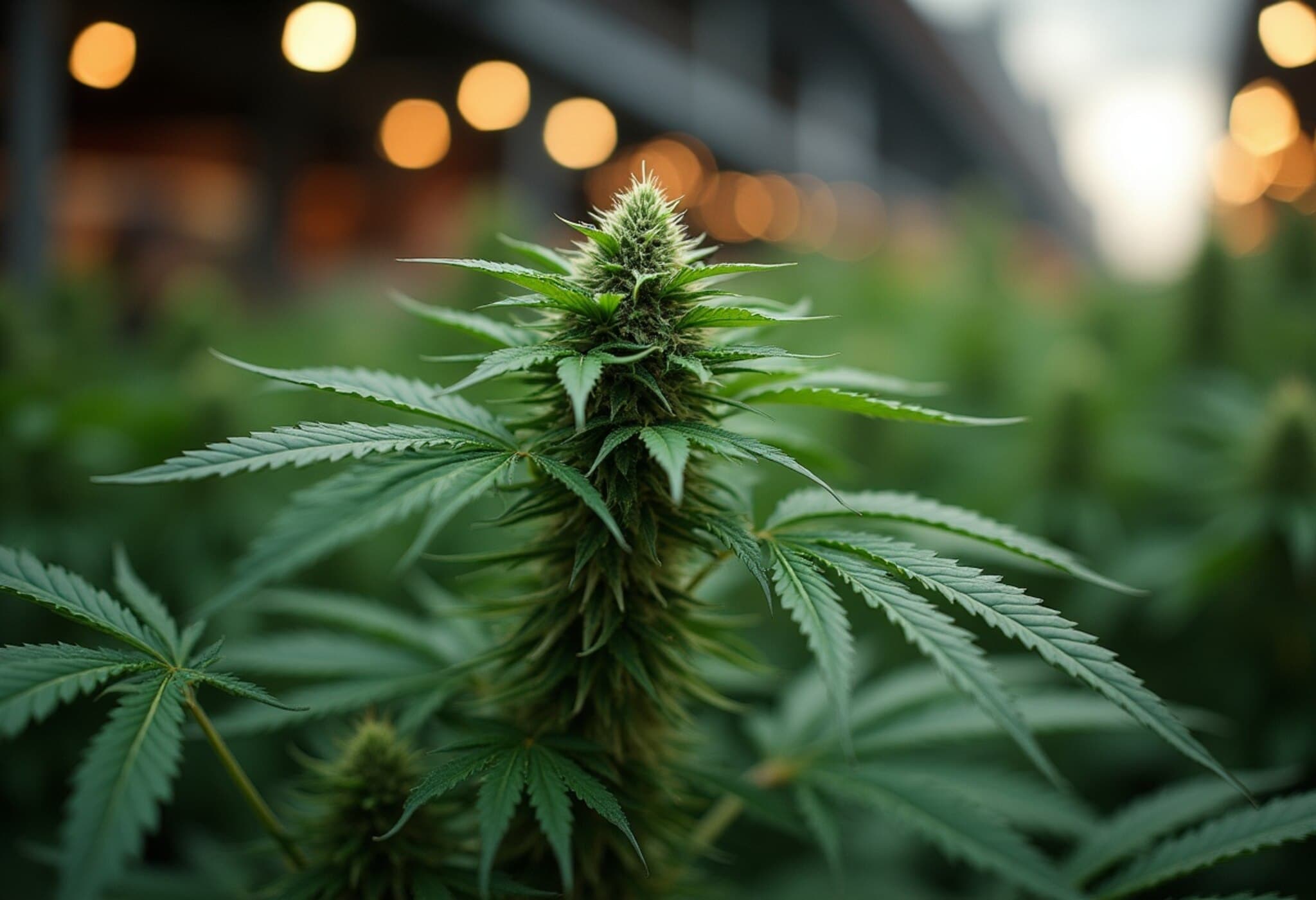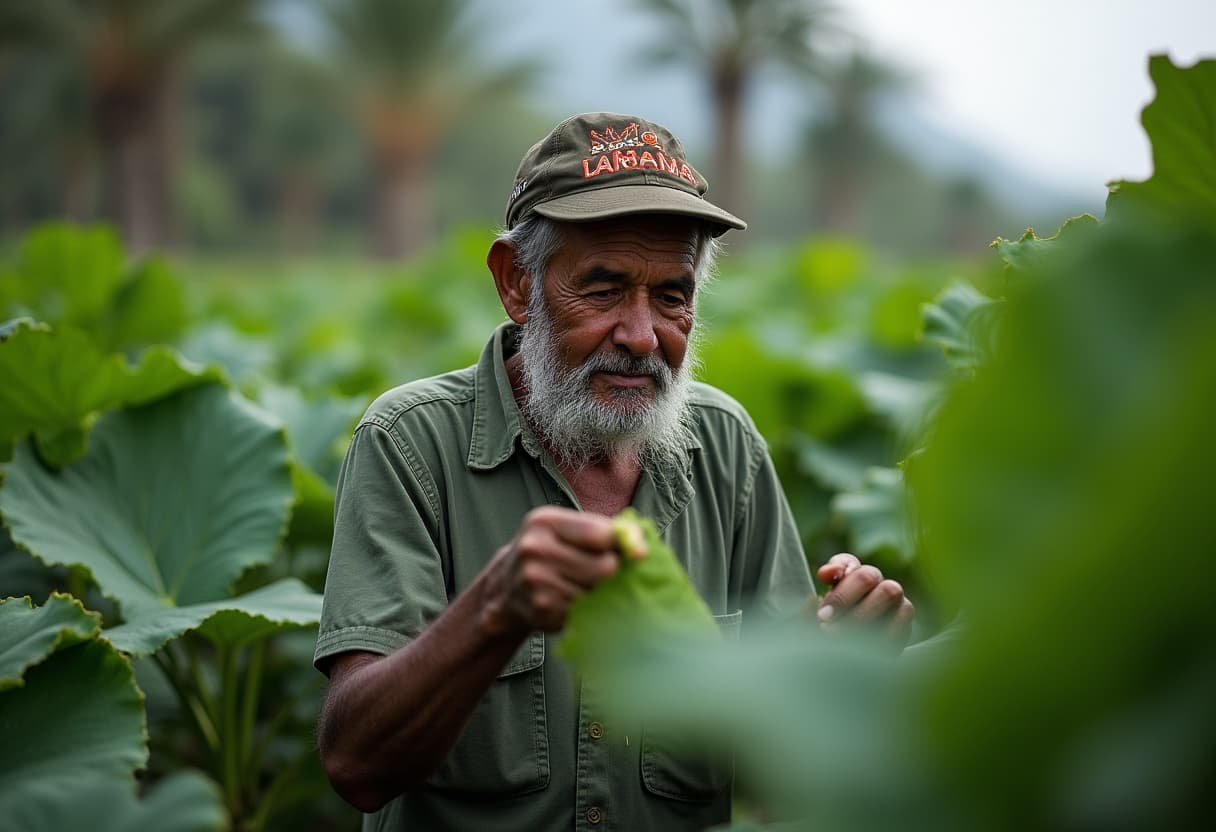Thailand’s Cannabis Revolution Faces a Sudden Reversal
Just a few years ago, Thailand emerged as a trailblazer in Asia by decriminalizing cannabis in 2022, sparking what was hailed as a green economic revolution. Neon-lit dispensaries flourished across Bangkok’s bustling tourist hubs, cannabis-infused cafes blossomed on idyllic islands, and an estimated billion-dollar market swiftly took shape. But in a dramatic policy U-turn this June, the Thai government enacted new regulations that effectively recriminalize recreational cannabis use. These sweeping changes have sent shockwaves through the industry, triggering panic among entrepreneurs and raising urgent questions about the future of Thailand's once-booming weed economy.
From Rapid Growth to Regulatory Crackdown
Thailand’s initial decriminalization ignited a cannabis gold rush, transforming neighborhoods like Khao San Road—a magnet for backpackers and international tourists—into vibrant cannabis hubs. Shops boasted an array of strains named to entice visitors seeking relaxation or creativity, with menus thoughtfully crafted in English to cater to foreigners.
However, the government’s new mandate now demands that all cannabis purchases be supported by a medical prescription from certified professionals. The thorny issues of how prescriptions will be issued and how dispensaries should comply remain unresolved, leaving many businesses in limbo.
Entrepreneurs like Natthakan Punyathanaworakit, who once rode the wave of legalization optimism, have already closed one of her three cannabis outlets, lamenting the financial and bureaucratic burdens. "Most of the registered shops will shut down," she warns, highlighting a foreseeable exodus from the legitimate market.
The High Cost for Small Players
The updated rules could force dispensaries to register as medical clinics and employ licensed doctors—a costly transformation many small operators are ill-equipped to handle. Family-run businesses, where roles mix from growing to trimming, now face existential threats.
Cannabis entrepreneur Chokwan Chopaka points to a worrying divide: "The little guys—the mom and pop shops—will suffer the most, while bigger companies might consolidate power. Past lax enforcement combined with new restrictions could push many into the shadows, reviving a criminalized informal market."
Political Winds and the Shifting Cannabis Landscape
This regulatory volte-face coincides with political turmoil. The Bhumjaithai Party—key advocates of legalization—has recently departed the ruling coalition, altering the power dynamics behind policy. Prime Minister Paetongtarn Shinawatra has delegated reform oversight to Health Minister Somsak Thepsutin, who defends the crackdown as necessary "to protect public safety and shield children from cannabis-related harm."
Yet observers caution that the cannabis debate has become highly politicized, with conservative factions seizing on concerns about youth exposure, tourism-related issues, and illicit trafficking to roll back reforms.
The initial legalization was criticized for its rapid rollout lacking robust safeguards. While some rules—like bans on sales to minors or near schools—were enacted, enforcement was spotty, allowing a wild west atmosphere that unsettled certain segments of society.
Impact on Tourism and Farming Communities
Tourism-dependent businesses on Khao San Road report diminished foot traffic as international visitors grow uncertain. "Tourists are scared—it’s going to hurt profits," says Thammarat Siritanaratanakul from the iStoned dispensary.
Meanwhile, cannabis farmers face an uphill battle. Oler Silasilarat, a worker at Hygge Flower, voices concern for small cultivators who possess valuable generational knowledge but can’t compete with large, corporate operations. New certifications and licensing requirements threaten to squeeze them out.
"The opening allowed many to try a new career path, but sudden policy shifts now jeopardize that progress," Oler reflects.
Balancing Public Safety and Economic Opportunity
Thailand’s cannabis experiment was emblematic of progressive drug policy in a region historically marked by harsh penalties. Thousands of cannabis offenders were released, and proponents lauded the move as an economic and social breakthrough.
Yet the flood of marijuana into the market stirred unease—reports grew of smuggling, arrests of foreign nationals, and unregulated recreational use. High-profile cases, including arrests of tourists carrying significant amounts of cannabis in neighboring countries, have further complicated public sentiment.
Despite legitimate concerns, many experts argue that recriminalization risks undermining the gains and driving the industry underground.
As Chokwan emphasizes, "What was truly needed was clear, pragmatic regulation—not a return to criminalizing the industry that could push users and growers into dangerous legal gray zones."
Looking Ahead: A Cautionary Tale or a Second Chance?
Thailand’s cannabis "green rush" may not be over, but the landscape is clouded with uncertainty. Entrepreneurs cling to cautious hope while preparing for the possibility of further closures. The country’s pioneering efforts now serve as a poignant case study in the complexities of drug reform—balancing economic innovation, public health, political will, and cultural attitudes.
For policymakers, the challenge will be to chart a course that safeguards vulnerable communities, rethinks regulatory frameworks, and addresses the concerns that led to the policy reversal—without stifling an industry that once promised new livelihoods and social justice.
Editor’s Note
Thailand's leap into cannabis legalization was historic but rushed, revealing the pitfalls of rapid reform without infrastructure for regulation. The recent re-criminalization underscores the delicate interplay between economic opportunity and societal readiness. Whether this signals the end of Thailand’s cannabis journey or a recalibration toward comprehensive regulation remains to be seen. Stakeholders worldwide can glean lessons on the importance of measured policy, inclusivity for small operators, and guarding against politicization in drug reform conversations.












